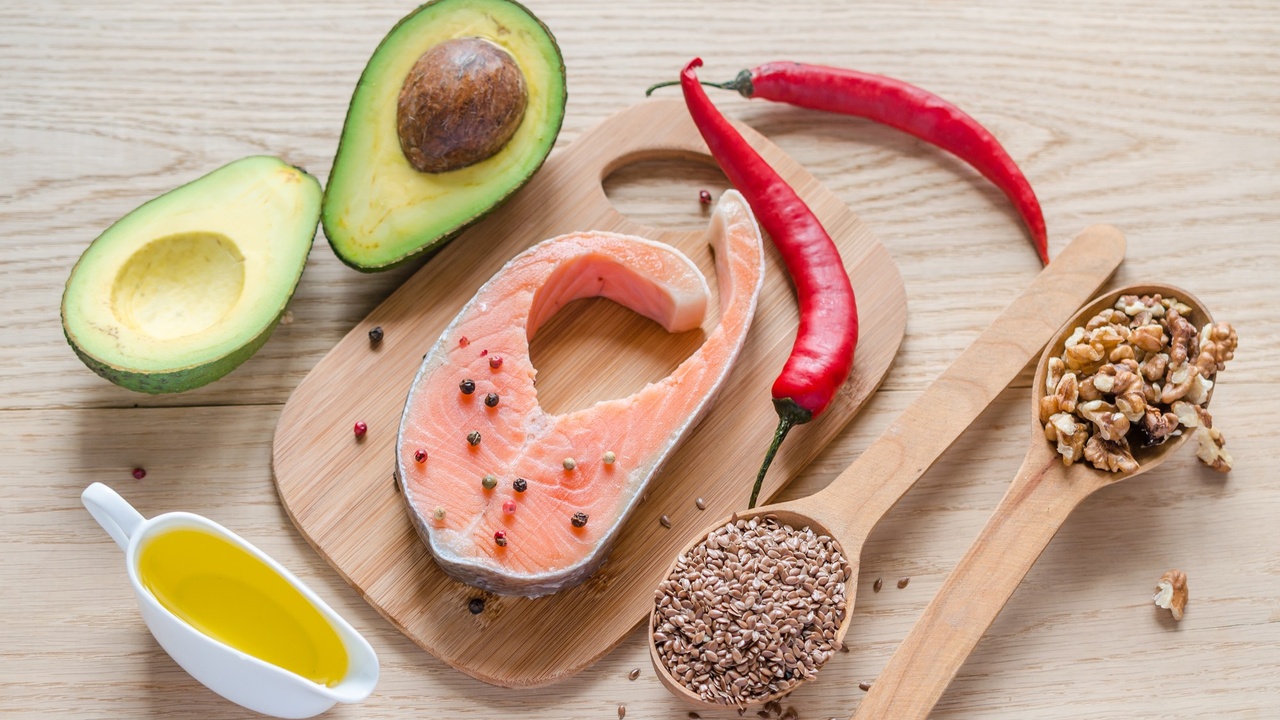The Fat Dilemma: To Eat or Not to Eat?

To eat or not to eat, that seems to be a million-dollar question when it comes to dietary fat.
It’s important to note that dietary fat is a macronutrient, just like carbs and protein. In fact, dietary fat plays significant roles in maintaining a healthy body:
- The building of organs: Dietary fat forms our nervous systems and builds our brain.
- Absorption of vitamins: Fat soluble vitamins such as A, D, E and K need fat to transport, absorb and store these vital vitamins. They are absolutely necessary for many of our existential needs such as good vision, neutralising free radicals and thus protecting our cells, blood clotting, etc.
- Energy provider: Dietary fat is a source of “backup” energy. The Body uses this energy when carbohydrates are not available for immediate use.
- Provider of essential fatty acids: Omega-3 and Omega-6 are two essential fatty acids that our body can’t produce, but these two are crucial for our health.
Before we delve into “healthier” vs. “unhealthier” fat discussion, let me show you the types of dietary fat:

Ok, now who is the villain and who is the hero?
Villain: Industrially processed trans fat!
- This fat is produced through hydrogenation, which is a chemical process that converts the liquid vegetable oil into solid fat.
- High trans fat intake is linked to many of the modern cardiovascular diseases.
- Since these fats have a longer shelf line, they are contained almost in all industrially processed foods and fast foods!
- Avoid them as much as possible; Research suggests that even a single meal with high trans fat content can impact the blood vessel functions negatively.
As for the naturally occurring unprocessed trans fat, you can’t accumulate too much of them to harm you if you are eating a diet based on natural, unprocessed whole foods.
Truth about Saturated Fat
The fact of the matter is humans have been eating unprocessed saturated fat from time immemorial. Many of the civilisations thrived mostly from wild game and seafood.
So any relatively unprocessed saturated fats from whole foods are healthy too. Coconut, meat from pasture-raised animals, dairy from pasture-raised animals, wild game, and wild seafood are few of the examples for unprocessed saturated fat.
Saturated fat is fine if you are already having a balanced healthy diet. Intake of saturated fat is a problem, when you are already having a diet that is high in sugar and processed carbohydrates, such as foods based on white flour, processed foods, fast foods, etc.
Unlimited Unsaturated Fat?
Though most of the unsaturated fats are healthy, you should be aware that fat is the most energy-dense macronutrient. So having too much of them doesn’t help you towards a lean and healthy body. Follow our recommendations to get the best out of fat.
- Strive to get your saturated fat only from whole food, such as from pasture-raised animals, wild-caught fish and wild games.
- While consuming tropical oils, such as coconut oil, make sure they are unrefined, i.e. either whole coconut or extra-virgin, cold-pressed coconut oil.
- Eat from many varieties of nuts; they are full of healthy nuts. Enjoy from cold-pressed olive and raps oil too.
Serving Size
1 thumb is equal one serving.
Women: Try to add 1 thumb of healthy fat at each meal
Men: Have 2 thumbs of healthy fat at each meal.
1 thumb of healthy fat is equal to around
- 6-8 almonds or cashew nut
- ¼ of avocado
- 1 tablespoon of healthy oil
Want to know more? Sign up for the FREE 7-day course to learn more about getting lean and healthy.
Discover Life-Changing Insights with Our Exclusive Emails
Twice a week, get the tools you need to evolve from who you are into who you aspire to be!
We hate SPAM. We will never sell your information, for any reason.

